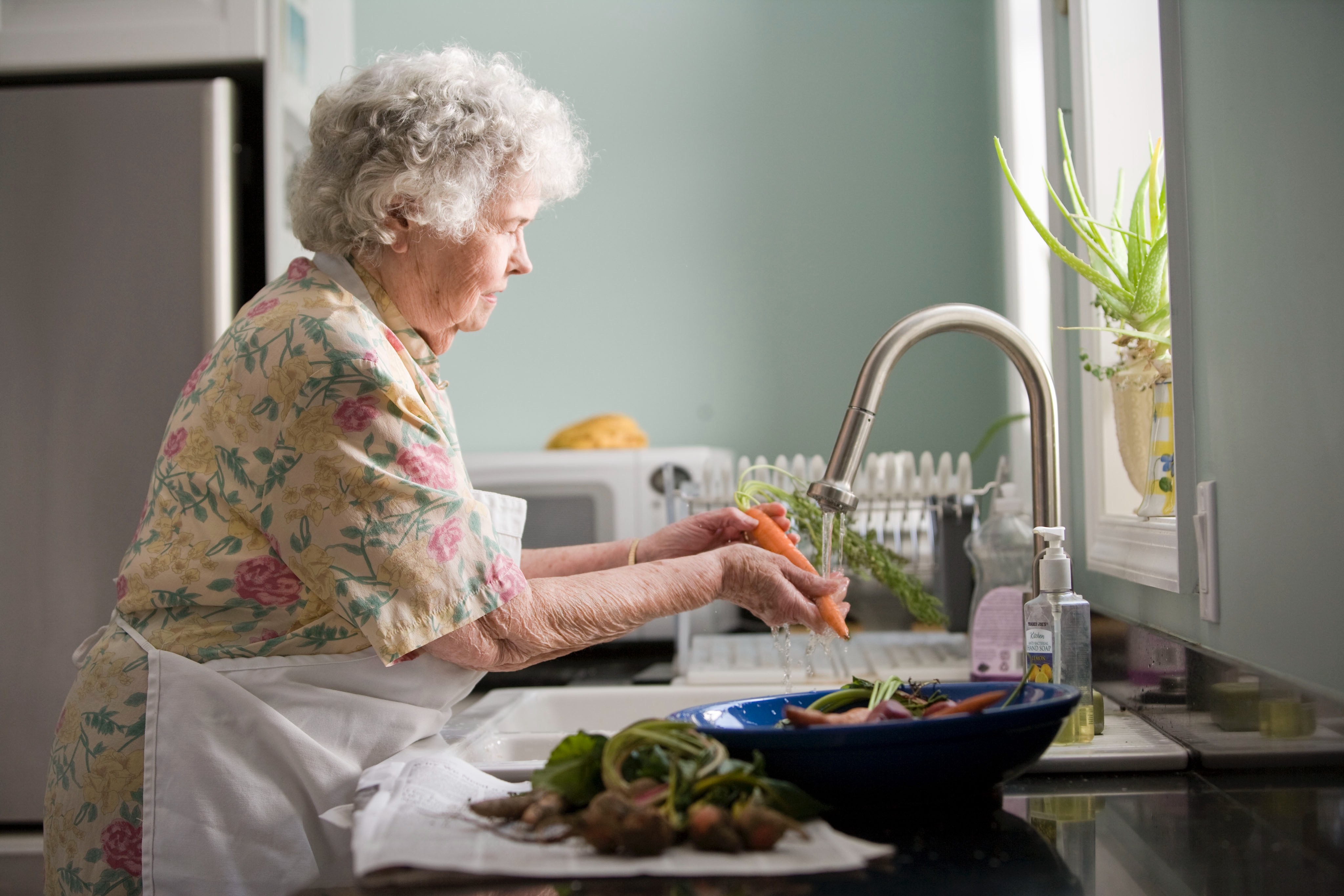- Details
- Published: 19 May 2020
Guest post by Silvia Fraga Dominguez
People in many countries, including Canada, are currently experiencing increased social distancing to diminish the rate of COVID-19 infections. These measures affect every age group. But because older adults are at a higher risk from the virus, they may be staying at home more to protect themselves. As a result, older adults are not only more socially isolated than usual but potentially more so than people who are less vulnerable to COVID-19.
 Although some types of violence have decreased during lockdowns worldwide, elder abuse has not. In fact, there have been reports of increased calls to helplines regarding abuse concerns. This is perhaps unsurprising, since isolation is known to put older adults at risk of abuse. If anything, elder abuse is now even more hidden than usual. Isolated older adults are likely to have few people around them to either notice if something is wrong or to ask for help. Some older adults are living with their abusers, and this is likely to prevent victims from speaking out.
Although some types of violence have decreased during lockdowns worldwide, elder abuse has not. In fact, there have been reports of increased calls to helplines regarding abuse concerns. This is perhaps unsurprising, since isolation is known to put older adults at risk of abuse. If anything, elder abuse is now even more hidden than usual. Isolated older adults are likely to have few people around them to either notice if something is wrong or to ask for help. Some older adults are living with their abusers, and this is likely to prevent victims from speaking out.
My colleagues and I conducted a systematic review to identify how victims of elder abuse seek help. We examined available research on victims’ experiences reporting abuse and identified the most common barriers to help-seeking, as well as what helped. We found many different types of barriers and facilitators. However, two barriers and one facilitator are particularly relevant in the current situation:
- The first barrier relates to the victims’ social network: Victims struggle to seek help when:
- they are isolated,
- they think those around them cannot help them, or
- the perpetrator of the abuse is their only significant relationship.
This relates to the current situation because older adults might be currently residing with abusive family members and be prevented from seeing others.
- The second barrier relates to the victims’ knowledge about formal services and the quality of services available to them. For example, they may not know where to seek help or may have problems with access to or availability of services.
In the COVID-19 context, there is increased pressure on services and challenges to working with clients safely. This may make it harder for older adults to know the type of help available and access it safely. Furthermore, victims might feel vulnerable to inadvertent harm from COVID-19 in seeking help from formal services.
- In terms of what helps, we found that supportive relationships with informal networks and formal services are important to help victims seek support.
What can be done?
- To increase reporting by the public and professionals, we need to continue raising awareness of elder abuse. Some professionals, volunteers, neighbours, and family members still interact with older adults. They are in a privileged position to listen to the experiences and concerns of older adults and support them if they need it.
- Given current distancing restrictions, we must find creative ways to make information about the support available reach older adults. Some older adults might be using digital technologies for the first time, so targeting information online to this group could be helpful. This can add to more traditional sources, such as news articles or TV.
We would all like to go back to normal (or get to the new normal) as soon as possible. However, while increased isolation continues, threats to older adults’ safety come not only from the virus itself, but also from measures to fight it. The risk of elder abuse remaining hidden behind closed doors is higher than ever. Moving forward, policies, formal services, and the public can all play a role in bringing abuse to light. We can all work to continue increasing awareness of elder abuse so that others will be able to recognize and respond to abuse concerns.
What are your ideas for increasing awareness of abuse?

















